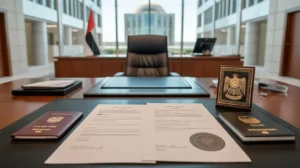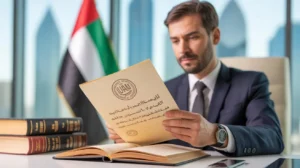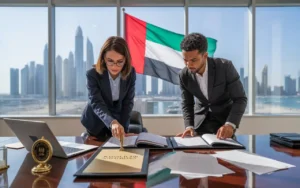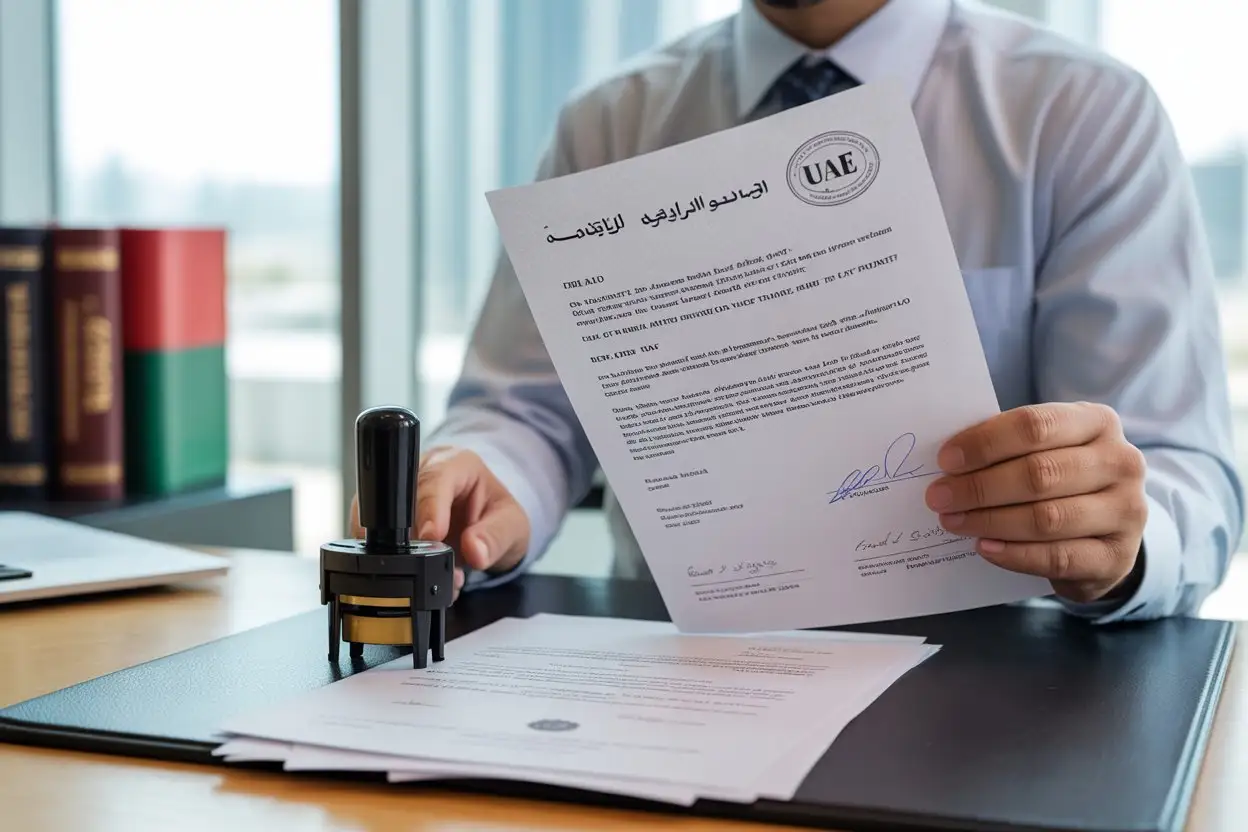The UAE is now a global hub for business, education, and opportunity. BecIf you need official translation in the UAE, you must follow clear legal rules. Arabic is the UAE’s official language, so most foreign documents must be translated into Arabic before you submit them to government bodies or courts. Below is a simple guide that explains the legal requirements and the step-by-step process.ause the country connects so many people and companies, the need for legal translation in the UAE is real and growing. If your business works with foreign partners or hires international staff, accurate legal translation keeps you compliant and avoids costly mistakes.
Key legal requirements for official translation
Certified translator
First, official translations must be done by a certified translator licensed by the UAE Ministry of Justice. Only these translators can prepare documents for use in courts and government offices.License and registration
Make sure the translator or translation firm is registered and holds recognized credentials. Also check their experience in legal translations.Official stamp and signature
The translated document must include the translator’s stamp and a signed attestation to confirm accuracy and completeness.Arabic language requirement
For official use, the translated version must be in Arabic. Translate all foreign documents into Arabic before you submit them anywhere in the UAE.
The official translation process — simple steps
Choose a licensed translator
First, pick a translator approved by the Ministry of Justice.Submit your documents
Next, provide clear scans or originals of the documents you want translated.Translation and proofreading
Then, the certified translator translates the text and proofreads it to ensure accuracy and correct legal meaning.Certification
Finally, the translator adds the official stamp and signature. After that, you can submit the document to the relevant authority.
Conclusion
In short, official translation in the UAE requires a licensed translator, proper registration, a translator’s stamp, and Arabic output for legal use. Following these rules helps you avoid delays and legal problems.
For accurate and legally valid translations, trust Index Legal Translation. Our translators are approved by UAE authorities and deliver precise Arabic translations for all official needs. Contact us today to learn more or to start your translation request.







